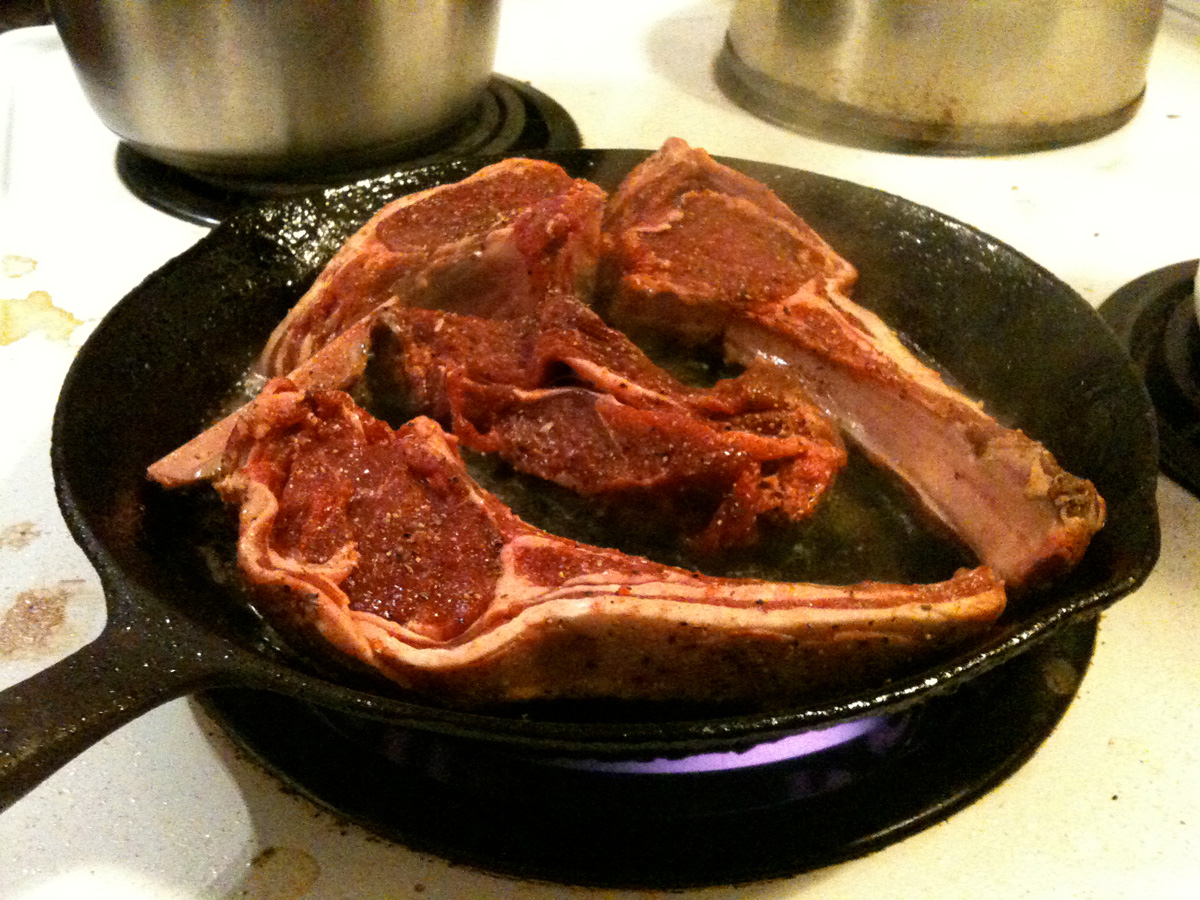In 2019, conservation provided fertile common ground for smart policymaking
Today, Washington is known more for acrimony and partisanship over policy than for achievement. Yet amidst all this noise and dysfunction, conservation—and the TRCP—had an amazing year in 2019.
Early in the year, Congress passed S. 47, a massive public lands bill that, among other things, protected key lands and waters and permanently reauthorized the Land and Water Conservation Fund, a critical conservation tool. It also clarified that all federal lands are open to hunting and fishing unless they are specifically closed through a public and transparent process.
Soon after, Congress passed legislation to manage water scarcity in the Colorado River and ramp up research on chronic wasting disease. Migrating animals got a helping hand in the Senate Highway Bill, thanks to a $250-million pilot program to build wildlife-friendly roadway crossings and aquatic connectivity projects. Lawmakers also invested in the next generation of hunters by modernizing the Pittman-Robertson Act.
On the administrative front, the Department of Interior made it harder to dispose of federal lands that are important for public access and outdoor recreation. And the Department of Commerce shut down the Atlantic menhaden fishery after Omega Protein—the only company that still practices industrial reduction fishing of this key forage species—decided to ignore federal catch limits.
The TRCP and its 60 formal partners played a key role in these victories and many others, proving once again that the voice of sportsmen and women transcends politics. Our annual report explores these accomplishments.
Hunting, fishing, and conservation have never been partisan issues. But today, a profound appreciation for the outdoors provides common ground for policymakers across the political spectrum to tackle some of our top priorities.
There are still many challenges, such as efforts to legitimize the overfishing of menhaden, roll back the Clean Water Act, or mine in Alaska’s Bristol Bay and Minnesota’s Boundary Waters. But our united front, and that of sportsmen and women across the country, is proving to be a formidable force for good.
Thank you for your enduring support.
Sincerely,
Whit Fosburgh, President and CEO
Rod Nelson, Board Chair
Explore the 2019 Annual Report here.
Top photo by Kyle Mlynar.





